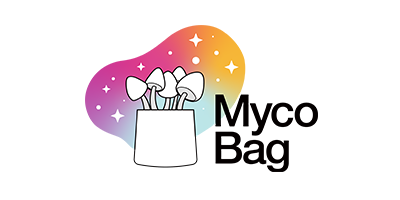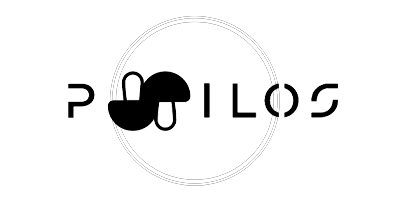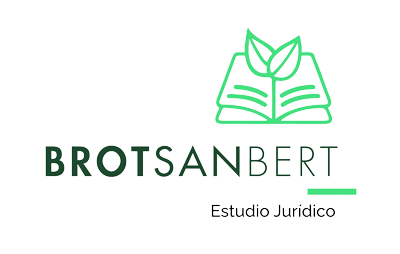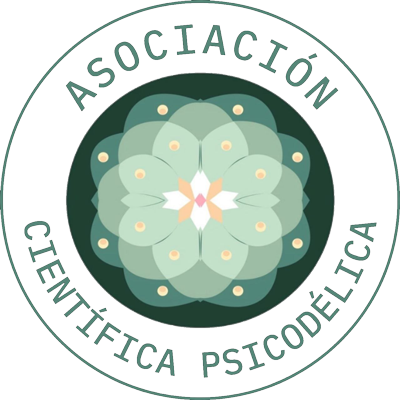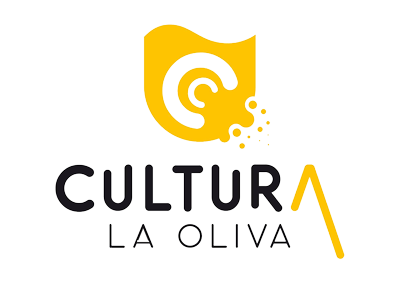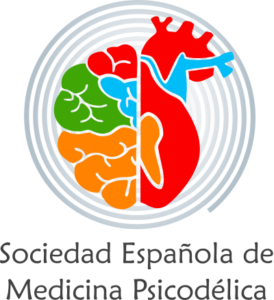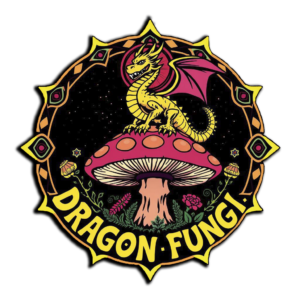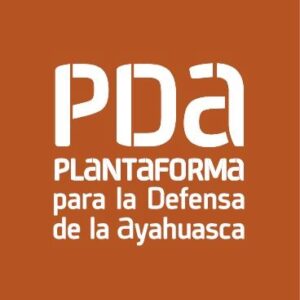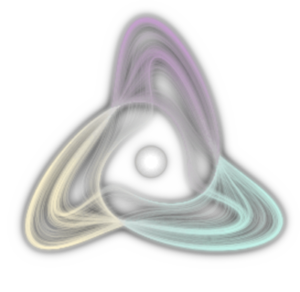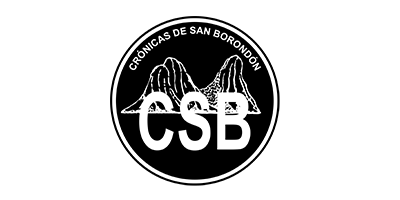Recent studies reveal how substances like psilocybin, MDMA, or LSD could enhance sexual experiences, emotional bonds, and communication in relationships.
For years, psychedelics were viewed with suspicion, reduced to the stereotype of chaotic “trips,” loss of control, and escapism. But today, science is beginning to look beyond the stigma and uncover the true potential of these substances—not only for mental health treatment but also for profoundly transforming how we relate to our bodies, our sexuality, and our partners.
A recent study from the University of Buffalo, published in the prestigious Journal of Sex Research, analyzed the testimonies of nearly 600 people with experience using psychedelics such as magic mushrooms (psilocybin), LSD, MDMA, or ketamine. The goal was ambitious: to explore how these compounds influenced participants’ intimate lives, attraction to others, perception of desire, and in some cases, gender identity.
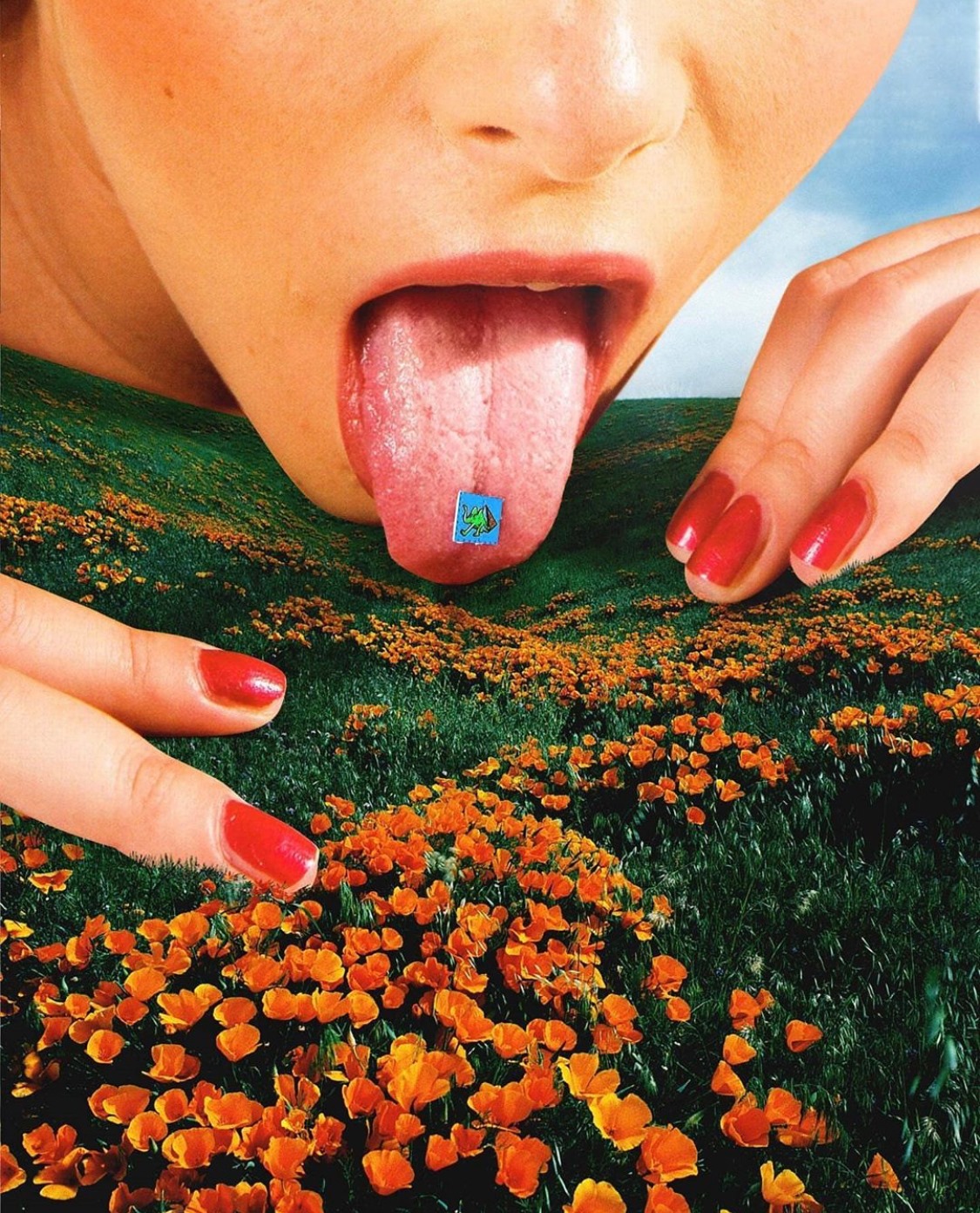
The results were as surprising as they were revealing. Seventy percent of respondents said their psychedelic experiences had influenced their sexuality. Sixty-five percent reported short-term effects, and 53% noticed long-term changes. Even 10% acknowledged that their experience had impacted their gender identity or expression. For many, it was a sense of “fluidity,” moving between masculine and feminine energies in a freer, more conscious way.
One of the most striking findings: one in four women said they felt increased attraction to people of the same sex after using psychedelics, as did one in eight men.
According to Dr. Daniel Kruger, lead author of the study, the key lies in the emotional openness and introspection these substances facilitate:
“Many participants reported feeling more connected to their partners, more emotionally open, and with a more positive outlook on their sexuality.”
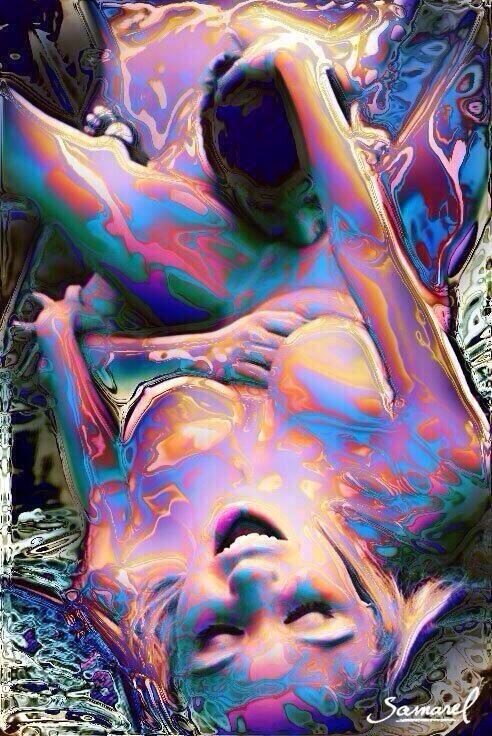 se
se
Tabla de Contenido
ToggleSex as a path to emotional healing
To better understand the connection between psychoactive substances and emotional bonds, we spoke with Raúl del Pino, author of the book MDMA, Sex, and Tantra, who has spent years studying the relational dimension of psychedelics. His view is clear:
“MDMA isn’t just a recreational drug. In therapeutic contexts, it acts as a true emotional catalyst. It can open communication channels that are often blocked by fear, shame, or resentment. That’s why we call it the glue of relationships: not because it magically fixes everything, but because it lets you look at your partner with compassion and say the things you never dared to before.”
Del Pino argues that in an era of increasingly fragile and disconnected relationships, these emotional expansion spaces can make a substantial difference:
“In a world where many relationships break down due to a lack of listening and deep connection, MDMA can be a key to reopening intimacy. It’s not just about more pleasurable sex—it’s about more conscious, honest, and connected sex.”
And clinical evidence is beginning to support that intuition. Another study, carried out by the Centre for Psychedelic Research at Imperial College London, examined the direct impact of psychedelics on the sexual functioning of nearly 300 people. Some were participating in clinical trials using psilocybin to treat depression; others took part in recreational or wellness contexts.
The results showed significant improvements in areas such as sexual enjoyment, desire, body image, attraction to one’s partner, and intimate communication. Notably, many of these effects lasted up to six months after use. Even more remarkable: nearly half of those who used psilocybin in therapeutic settings reported a recovery of sexual desire—compared to the group treated with traditional antidepressants, who mostly experienced a decrease.
Tommaso Barba, the study’s lead author, summed it up:
“We often underestimate the psychological component of sexual desire. But factors like self-image, emotional connection, or feeling safe with your partner are fundamental. And psychedelics, it seems, can strengthen them.”
Beyond pleasure: a tool for healing relationships?
The implications of these findings go far beyond physical pleasure. Psychologists, therapists, and sexologists are beginning to ask a key question: Could psychedelics become a tool for healing broken relationships?
Del Pino responds without hesitation:
“There’s nothing more therapeutic than being truly heard without judgment and being able to look at your partner without your defenses up. That’s exactly what MDMA can enable in safe, guided settings.”
For him, the key lies in creating trusting environments where emotions can emerge without fear, and where couples can meet each other from a place of vulnerability rather than confrontation.
“The real journey isn’t outward, but inward. And if we learn to share that journey as a couple, then love can stop being routine… and start being discovery again.”
A future in couples therapy?
Although the research is still in its early stages, the implications are profound. If these substances can foster deeper connection, improve intimate communication, and restore attraction in struggling relationships, their role in couples therapy could be revolutionary. It wouldn’t be about a “magic pill,” but rather a tool for deep emotional work, guided by professionals in controlled environments.
It’s important to remember that psychedelics are not without risks and are not suitable for everyone. A rigorous clinical approach is necessary, with prior evaluations and therapeutic support. But what once seemed unthinkable is now the subject of serious and promising study.
In a society where human relationships suffer from stress, emotional disconnection, or loss of desire, opening new paths of exploration—beyond conventional pharmacology—may not only be legitimate, but necessary.
The next revolution?
Psychedelics are not a trend or a game. They are powerful tools that, when used wisely, can help us understand ourselves better, heal emotional wounds, and perhaps reconnect with our partners in deeper, more sincere, and lasting ways.
Sexuality is not just a physical act. It is also an emotional, sensory, and spiritual experience. And anything that helps us live it with more awareness, respect, and connection deserves to be heard, studied, and perhaps even celebrated.
The fourth edition of Fuertedélica will take place this November 8–9 in Corralejo, Fuerteventura.
Get your discounted ticket today at www.fuertedelica.org/en/tickets.

